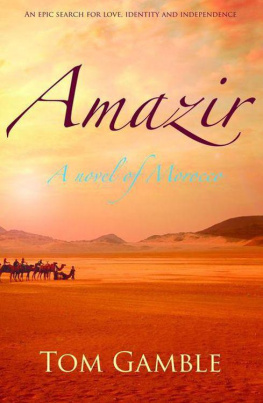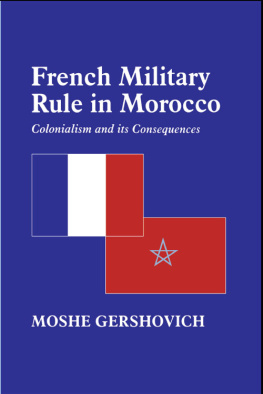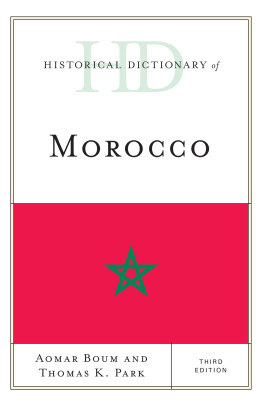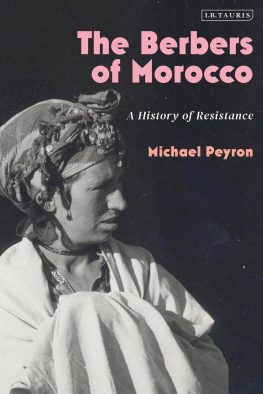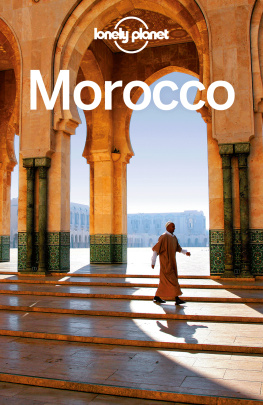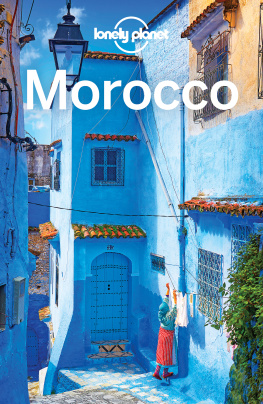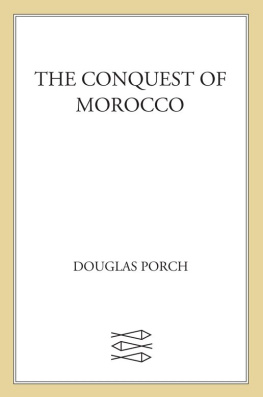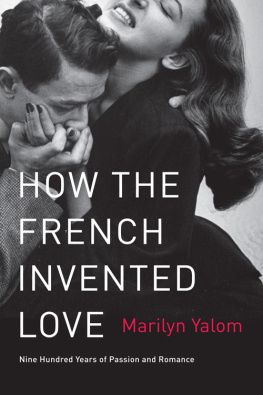Contents
L ooking back, 1938 was a year which should almost not have existed. It was like the empty, half-way moment in a gathering of people, the hollow time before it kicked back into life. The world was a wait.
It was the year Wildings job took him outside the States, a brief stop over in Europe before setting to work exploring for oil in French and Spanish Mauritania. It was also the year he first met Harry Summerfield, in a bar in Gibraltar, in May.
As an American, Wilding viewed the whole European scene as practically theatrical. To a large extent, he was shrewd enough to understand that his ideas were shaped by a mix of cultural preconceptions, the satirical cartoons in the US press and Chaplins grotesque spoof, the Great Dictator . The film, which he had seen several times back in the States, was more powerful for him than any Hemingway prose or any serious columnist he could have read. The threat of war seemed like an impossible, far off bad joke and in some ways Wilding guessed he was like the vast majority of people: there were just other more important things to be getting on with.
On the voyage down to Gibraltar from Southampton, Wilding read a whole packet of newspapers and reviews. These he passed on to a British family occupying the adjacent cabin and was very amused to catch the young son and daughter cutting out the various photos. They pasted them into a scrapbook, making a home-made comic strip by pencilling in speech balloons from the politicians mouths and, in some cases, with fiendish, uncontrollable giggles, their noses and backsides. The children honoured Wilding with their artwork and duly reading it he noticed they had filled the balloons with mostly infantile remarks but sometimes, in that curious way kids have of hitting the nail on the head, electrifyingly pertinent comment.
Wilding chuckledit really did seem as if it were all some big stage acthere the clowns in their outrageously decorated uniforms, elsewhere those in top hat and tails; others dressed in workers fatigues, English royalty wearing lopsided sailor caps and Mediterranean leaders with tassels like Broadway curtain cords dangling from their regalia. And the more Wilding looked at these pictures, the more the thought came, until he actually laughed out loud, that it was all down to a pantomime war of outrageous ideological costumes. Who would win the battle? he joked with the family.
The cargo stopped over in Gibraltar, to Wilding a pokey, bustling little place dominated by a rocky outcrop and British shore batteries. From the beginning of his journey from New York, hed spent the better part of two weeks cooped up in a ships cabin and ached to put foot on dry land once again. The first thing he did was to stroll along the docksides and into town intent upon buying a beer.
A first bar looked too noisy, too full of ships crewmen. A second bar, not so farther along the main street, looked quieter and more genuine. Wilding stepped into the cool interior, momentarily losing his bearings in the dimness, sat down at the first table and ordered.
As his sight grew accustomed, Wilding saw that the walls and ceiling were a sickly, tannin shade of brownyears of accumulated smoke and nicotine. It was practically empty and Wildings eyes took in the silent clientelea British sailor asleep at the nearest table, head in his hands and a copy of Movie Times covering his cap; a couple of bleary-eyed old locals dressed in cheap cotton suits and finally a fourth man, in his late twenties, probably English, judging from his clothes, and approximately his agetwenty-nineguessed Wilding.
He was sitting some ten or so yards away, sweating, waiting. Judging from the expression on his face, it seemed as if his whole life had been just one long wait. Wilding watched him pick up his glass, notice it was nearly empty and measure the amount he drank so that one last mouthful remained. It was then that the Englishman glanced up, his eyes a clear, sharp blue and almost fierce. With an obvious movement of irritation, he returned to the newspaper spread before him. Long seconds passed. He didnt seem to be reading, but thinking. Wilding decided to go over.
James Jim Wilding, said the American, offering his hand.
The Englishman looked up.
Youre a Yank .
An English voice, dry and matter-of-fact. The man glanced at Wildings outstretched hand, frowned and with a reluctant slowness shook it. Perhaps, thought Wilding, it wasnt a British thing to do.
Harry Summerfield.
The Englishman glanced at the door, then at Wilding who, expecting to be asked to take a seat, stood waiting before the table for the invitation which failed to come. Finally, scraping back a chair, he just sat down.
Damn hot, said Wilding, and made a gesture that suggested the heat was uncomfortable, though to tell the truth, hed experienced temperatures in his job in the southern states that were on a par, if not higher. Summerfield grinned sheepishly, returned to gazing at the door, glanced once again at his wristwatch and finally exhaled in what Wilding took as a final decision to finish his glass and leave. Instinctivelyhe didnt know whyWilding turned towards the bar and called for another beer. Have one on me, he said, raising his glass to the strange Englishman. Summerfield seemed surprised, then embarrassed, worried and finally after one last look in the direction of the entrance, one last swallow of his remaining beer, nodded.
Thanks , Yank.
The most striking feature about Summerfield, noticed Wilding, was his eyebrowsor lack of them. Instead, the arcades of his eyes were marked by a prominent brow and this effect deflected attention to his eyes which were blue, fierce, lighter than Wildings and somewhat bloodshot. This Wilding took for a sign of prolonged and uncomfortable travel. He started.
So what are you up to in Gibraltar? Summerfield had said, unexpectedly.
Ive just arrived from Southamptona cargo ship called the Wader, he answered.
Good name , interrupted Summerfield, ironically.
Wilding pursed his lips then relaxed. Im catching a ferry across the Straight to Morocco and there on south to Mauritania.
So youre not going onto Spain? The Englishman looked mildly surprised. I thought perhaps
Im not a writer or a journalist, said Wilding, grinning. Not like all the other Americans around here seem to be. My company, Southern Star Petroleum, thinks theres oil down there.
Where theres money murmured Summerfield, returning to the ironical.
Theres life , continued Wilding, deciding to play his game. Sometimes business can bring people together.
And sometimes tear them apart, added the Englishman.
While Summerfield pretended to return to his newspaper, Wilding was beginning to regret having offered the sour Limey a beer. He could at least make the effort to communicate correctly, he heard himself thinking. Asshole youre wasting my time. Suddenly Wilding found himself wanting to bring the meeting to an end.
Well, tell me what youre up to Harry, and then Ill leave you in peace, he said, bluntly.
Waiting, said Summerfield, glancing curiously at him.
Is that right? answered Wilding with a smile.
For a contact, added Summerfield, aware of the Americans sudden aggressiveness and attempting at last to make amends. To go over there, he added, nodding in the direction of the Spanish border. Bloody Spanishso undependable. Youd think they didnt care.
Wilding showed surprise. So youre a journalist?
God, no, said Summerfield, Though I suppose you couldsay I write. I used to be a copywriter for adsa word alchemist, lies to sell dreams. Soap, tins of corned beef, cigarettes, loo paperyou name it, I wrote it. No, he continued, returning to Wildings question. I was hoping to join in the mess across the frontier. Ive been waiting in this hole for three days for the contact to show up.

